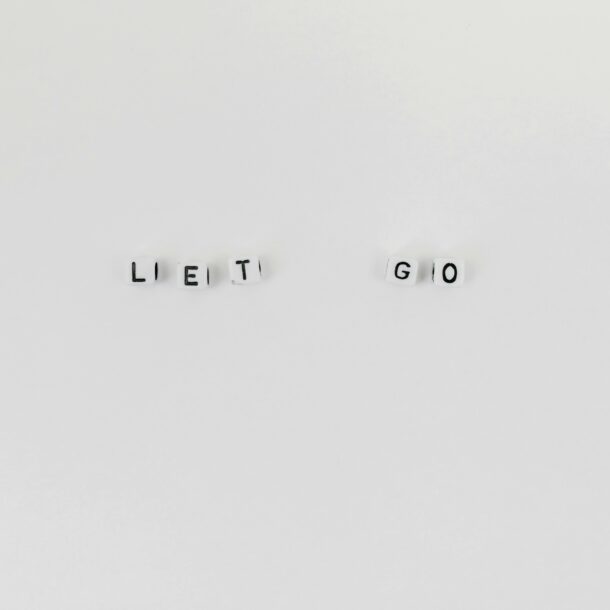
Stop Apologizing for Who You Are! After a decade of trying to change myself, I realized that the formula I was using just wasn’t working. The parts of me that I’ve disowned can’t be changed; they can only be loved. Every attempt to alter them led to more internal conflict and self-hatred.
The endless cycle of self-improvement often felt like a futile effort to fix myself and those disowned parts of my identity. The more I resisted, the stronger their resistance became. Now, I try to approach my healing work from a place of self-love instead of self-hate.
The moment I embraced this perspective was the moment I set myself free—free from apologizing to others for who I am — for asking too many questions, for feeling sadness, anger and frustration, and for saying no to someone I don’t want to date, regardless of what others think.
I’ve also learned that when I express my truth, some people may feel uncomfortable because they’re not ready to confront their own emotions. In their attempt to maintain control, they might tell me I’m wrong or bad for feeling a certain way.
AND, I’ve realized that it’s NOT my fault if others are triggered by my feelings. At the same time, I can be mindful of how I express myself.
There’s a fine line between standing firm in my truth and coming off as rude or inconsiderate.
I’m talking about situations where apologies are unnecessary—like when I’m sharing a valid opinion, expressing my emotions, or standing by a decision I’ve made. This doesn’t apply when my actions have harmed someone else, of course.
I want to emphasise this because the idea of “not apologizing” can sometimes be misused to justify inconsiderate behaviour that overlooks others’ well-being.
It’s important to learn how to be tactful in what I say and how I express my truth. I don’t have to apologize for my feelings just because someone else tells me they’re wrong or bad.
At the same time, I can learn to be tactful about what to say, what not to say, how to express my truth, AND I do not have to be apologetic about how I feel because someone else tells me my feelings are wrong or bad.
So, I’ve decided to encourage my inner child with this message:
Stop being apologetic for who you are, even if it make others uncomfortable. If your emotions trigger someone, that’s their responsibility. They have no right to dictate how you should feel or label your feelings as wrong just to avoid dealing with their own emotions. You will not apologize for how you feel.
Everyone has their own needs, paths, and journeys. Your journey is uniquely yours, so embrace yourself fully and stop apologizing for being you. This includes loving those disowned parts of yourself that may be triggered in connection with others—they’re just waiting to be seen and loved.
When you stop apologizing for who you are, you:
- Ask for what you need and set clear boundaries.
- Embrace your “negative” emotions like anger, sadness, disappointment, and frustration.
- Express your truth without worrying about losing connection.
When you feel empowered in your own skin and own who you are, others will sense that energy and be drawn to you. You may even inspire those around you because you have your own voice, vision, and path.
Interestingly, even those who may feel annoyed by you will often respect you—whether they admit it or not—because you refuse to tolerate B.S. You won’t say, “Oh, you don’t like me? I’m sorry, let me change.”
Think back to school: bullies could only intimidate us until we owned our power. The moment we established our boundaries—even if that meant standing up for ourselves—they began to respect us.
So, stop apologizing for your needs. Your needs are valid, and you have every right to express them. And stop apologizing for how you feel.
When you’re triggered, remind your inner child: “What you’re feeling is valid. I see why you feel this way.” That acknowledgment is enough to soothe yourself and enhance your sense of safety.
And yes, you can choose not to apologize while being kind and soft; not apologizing doesn’t mean you have to be harsh. At first, it might feel challenging, and you may even swing to being overly tough to protect yourself. That’s okay—just remember that it’s all part of the learning process.
As you embrace and love yourself more, you might find that some people and connections in your life begin to fade away because they no longer resonate with who you are. And while that can be challenging, that’s part of the process — You don’t have to hold yourself back to stay in their field; instead, allow them to follow your lead as you continue to grow, if that’s meant to be.
GET INSPIRED WITH our latest newsletter
You don’t need fixing—you’re already radiant. Let’s ditch the shame and unlock your power, together.

